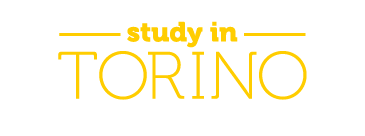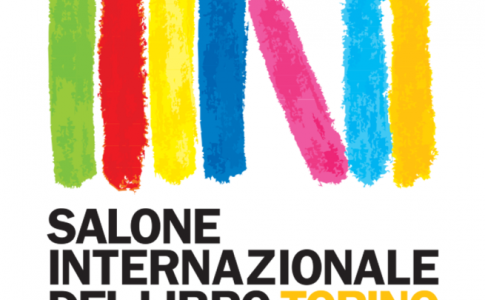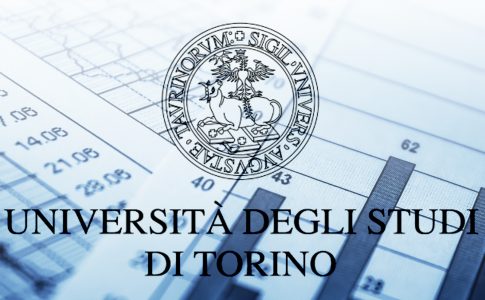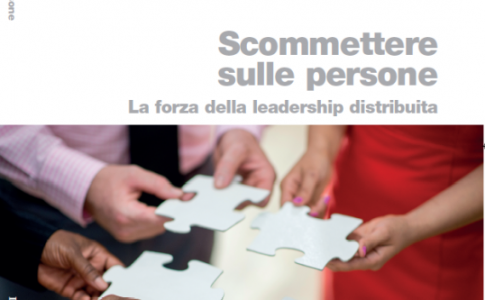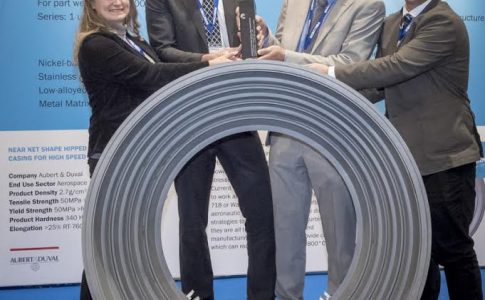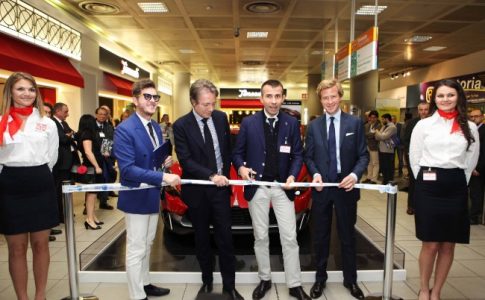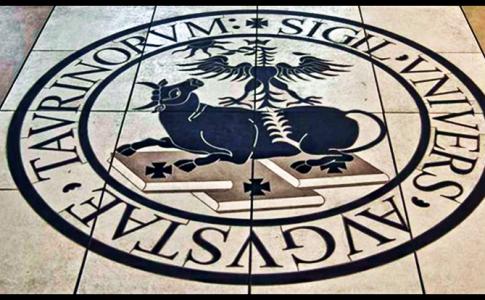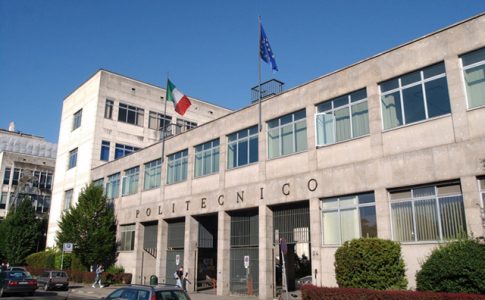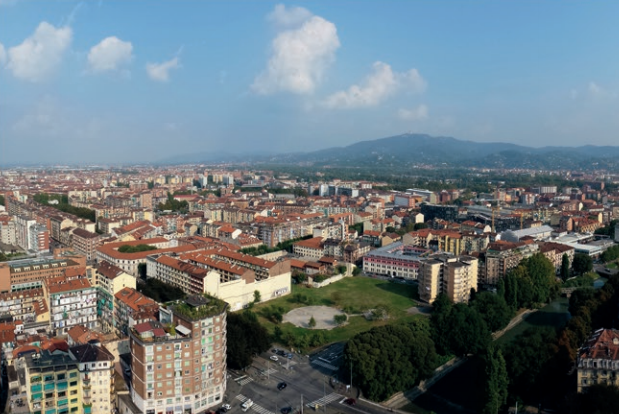Thanks to the agreement between the Book, Music and Culture Foundation and the University of Turin, at the 2017 International Book Fair which will take place from 18th to 22nd May, in Pavilion 3 of the historical headquarters of Lingotto (Via Nizza 294, Turin), there will be an exhibition space called “Open Science” dedicated to science and its role in contemporary societies.
This space will be divided into the event space “Talking About: science to understand the world”, and the exhibition space “Science with and for Society”.
“Our presence at the International Book Fair underlines the role of University in the creation and promotion of culture in the territory”, says the dean of the University of Turin Gianmaria Ajani. “Thanks to the contribution of the professors and the cooperation of the students we will present the value of research, and we will shed light on the most crucial current problems, correcting the fake news and promoting accurate information on topics that too often are responsible for the spreading of misleading news”.
Mario Montalcini, the Vice President of the Foundation who last December signed the agreement, adds: “We are very proud of this cooperation that has set in motion experiences and experimentations that will be the lifeblood also for the next International Book Fairs. The University of Turin is an institution of the highest calibre, that will collaborate with the Foundation so that it can achieve its goals. The University has educated many experts and young people in different areas of knowledge, who are enthusiastic about what they do and want to get very positive results”.
During the eventful programme proposed by “Talking About: science to understand the world”, some experts of the University of Turin will rotate themselves in order to face some of the most significant topics about which too often fake news originate: these are incorrect and misleading pieces of information that are spread in order to manipulate public opinion.
In particular, from Thursday 18th May to Sunday 21st May at 12pm, you will have the opportunity to attend an event whose aim is to make people understand the most frequent manipulation of information and data in the different areas of policy, health, economy and work.
In addition, individual events taking place all the days will give the opportunity to shed light on crucial topics such as vaccinations, migrants, ethics and journalism, populism, Europe and post-truth.
